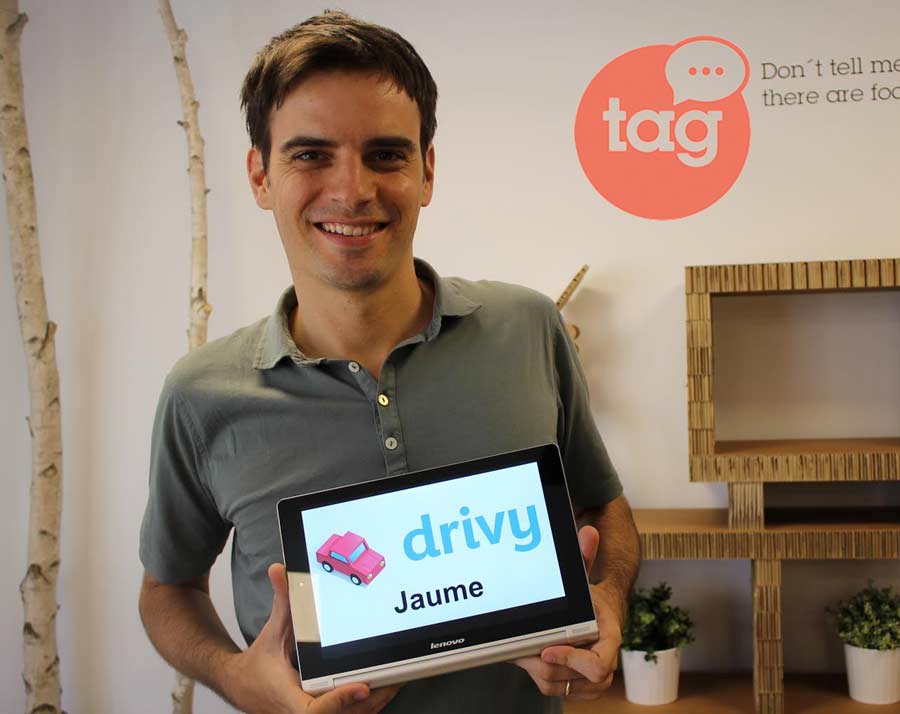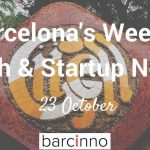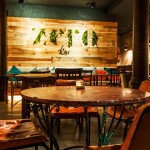A new economic trend is on the rise and rapidly transforming our relationship with our consumerism. After a surge of environmental concerns, a global recession, and years of extreme consumption, people are realizing that it is not the stuff that they need,  but the experience that the stuff fulfills. We all have so many possessions lying around that we don’t use from watched DVDs to idle cars and equipment, empty couches, worn cloths, and used electronics. People around the world are realizing that we can use technology to reinvent our materialistic and wasteful lifestyles by finding ways to extend the lives of our idle and used goods. New businesses are finding creative and innovative ways to promote renting, lending, swapping, bartering, gifting, and sharing products between strangers around the world beginning a trend known as collaborative consumption. Collaborative consumption is more than just an economic model, it’s a term that describes the shift in today’s consumer values from ownership to access.
but the experience that the stuff fulfills. We all have so many possessions lying around that we don’t use from watched DVDs to idle cars and equipment, empty couches, worn cloths, and used electronics. People around the world are realizing that we can use technology to reinvent our materialistic and wasteful lifestyles by finding ways to extend the lives of our idle and used goods. New businesses are finding creative and innovative ways to promote renting, lending, swapping, bartering, gifting, and sharing products between strangers around the world beginning a trend known as collaborative consumption. Collaborative consumption is more than just an economic model, it’s a term that describes the shift in today’s consumer values from ownership to access.
Today widespread access to Internet and social media is making it possible to match what people have to what people want, removing the middleman and allowing sharing and swapping to happen at phenomenal rates. Our virtual trail has become a tool that enables trust between strangers, allowing people to mimic interactions that used to happen face to face on a massive, international scale. With more smartphones than ever and endless mobile apps, we can bring these tools wherever we go, so collaborative consumption becomes not only sustainable but convenient.
In her Ted Talk on collaborative consumption, Rachel Botsman explains that while the average car costs $8,000 a year to operate, it sits idle for an average of 23 hours a day. So why do we actually need to own a car? As such a significant contributor to our environmental problems, businesses have been popping up to try to make it easier for people not to own and take some cars off the roads. In just eight years, we have gone from traditional car-ownership to car-sharing companies, to ride-sharing platforms, to today’s model of peer-to-peer car rental where you can actually make some money out of renting your idle car to others.
Barcelona, an entrepreneurial hub on the rise, is also becoming one of the top cities for peer-to-peer platforms. After a financial crisis that left 50% of youth unemployed, people in Barcelona were forced to become more innovative, creative, and independent. Startups and small businesses took off, creating a surge of coworking spaces and a collaborative spirit that helped the city form a tight knit sense of community. Peer-to-peer platforms create a very simple opportunity for people to become micro-entrepreneurs and generate some extra income. In addition, the Catalan lifestyle attracts tons of tourists creating endless opportunities for these types of businesses.
People flock to Barcelona for the mix of beach and urban life and the laid-back atmosphere. Barcelona has become the third most visited tourist destination after London and Paris, attracting as many as 7 million tourists a year. With such a huge population of tourists, people come to the city looking to escape tourist traps and experience authenticity. Locals are finding ways to cater to this desire with companies such as EatWith, a website that matches locals with tourists looking to share an authentic meal and Airbnb, a successful company that helps residents rent space to visitors. Airbnb actually conducted a study and found that people stay in Barcelona 24 times longer when they use Airbnb instead of a hotel, which has generated $175 million into the local economy. Peer-to-peer platforms thrive here in Barcelona because entrepreneurs have found an important balance between serving the needs of a struggling economy and providing reliable income with a booming local tourism industry. Check out this article for more information.

We are excited to welcome Europe’s leading peer-to-peer car rental service, Drivy, to Spain and host their country manager Jaume Suñol at our Talent Garden Barcelona office. Drivy is an online platform that matches people who want to make money from renting out their idle car with people who need a car for the weekend or holidays. We wish them luck as they spread the word about what they do and hope they find Barcelona’s community oriented and collaborative environment welcoming.
Click here to learn more about Jaume or watch this video!
For a complete archive of collaborative consumption opportunities in Barcelona, check out this list provided by collaborativeconsumption.com.
This article was originally published on Talent Garden Barcelona.







Leave a Reply